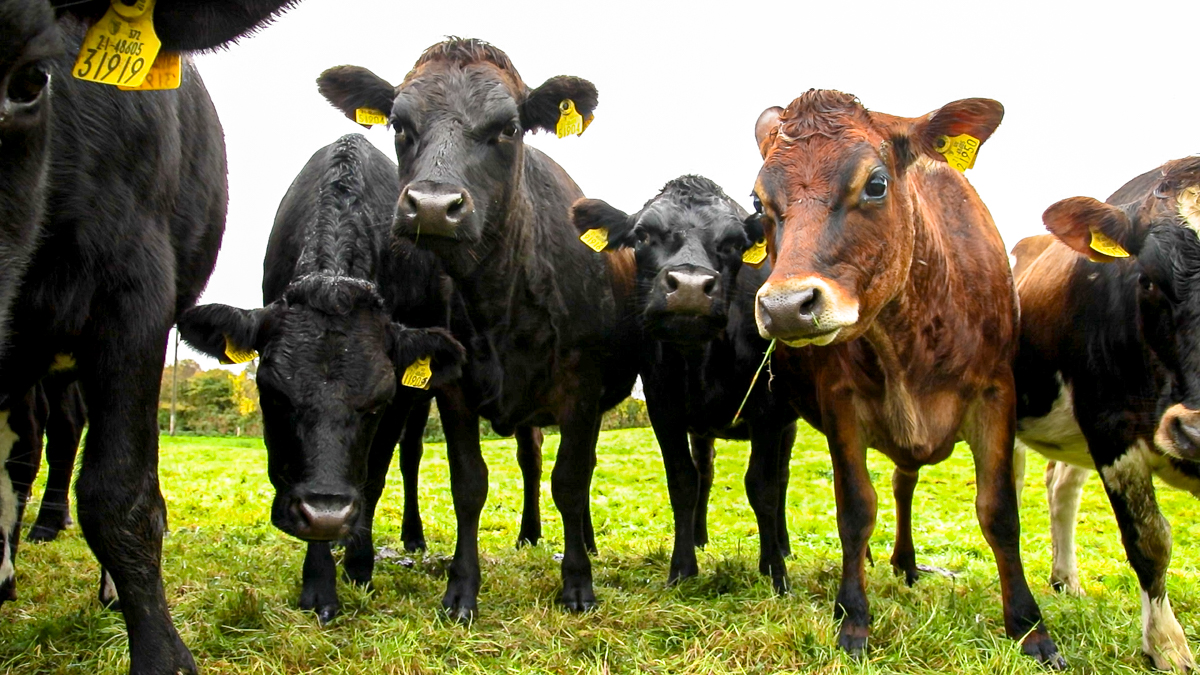The new bovine tuberculosis (TB) eradication strategy for Northern Ireland (NI) does not address several key issues, according to a solicitor based in Co. Armagh.
The Department of Agriculture, Environment and Rural Affairs (DAERA) recently launched the new strategy.
Portadown-based solicitor, Brian Walker represents a number of cattle-breeding societies and clubs in a legal capacity.
Walker said that one of the key issues left unanswered throughout the document is the question of what powers the DAERA holds, and how these can be implemented in accordance with the principles of public law. He explained:
“The document envisages the creation of regional eradication partnerships, however, there is a lack of basic knowledge of the law of partnership and no suggestion of how these partnerships are to be funded."
He added that there is no proposed budget, no question of dealing with the issue of public liability of such partnerships, or any comment upon the powers of veterinary managers to become involved in such.
“There is no reference to any discussions with the relevant personnel. In short, there is not even a draft constitution," he added.
The news strategy includes the suggestion of local disease-response teams which are to be convened by DAERA officials, and yet the teams are to be independent of the government, according to the solicitor.
This is a contradiction, Walker said, and there is no reference to any examination of any draft constitution or any discussion with the relevant veterinary managers.
“The document refers to new governance structures, however, these are not detailed,” he added.
Strategy measures
A proposal, within the new measures, suggests the increased use of interferon gamma testing. Walker said this will be expensive, time consuming and is flawed in a way that it produces false positives. However, it may help to a degree, he added.
“The DAERA document does not recognise that skin testing is a legal requirement and that any additional testing procedure is not legally recognised by the European Union (EU)."
The Co. Armagh solicitor raised the concern of whether or not affected herd keepers could judicially challenge such procedures.
Many infected animals do not react to the skin test, thus research needs to be urgently supported so a new efficient test can be provided, he added.
The entire strategy document seems to have been composed in the absence of any consideration of the principles of good administration, which government bodies are obliged to implement, Walker commented.
These principles include acting in accordance with the law and considering the rights of those concerned. Clear and timely information on how and when to appeal or complain must also be provided, he explained.
No suggestions made in this strategy document provide for any appeal processes, neither is there reference to any complaints procedure, according to Walker. He added:
"In the absence of such provisions, it may well be that judicial intervention on behalf of individual herd keepers is appropriate.
“There are various references throughout the document about notices and enforcement, but such processes must provide for appeals and complaints otherwise they may be subject to challenge," Walker commented.

